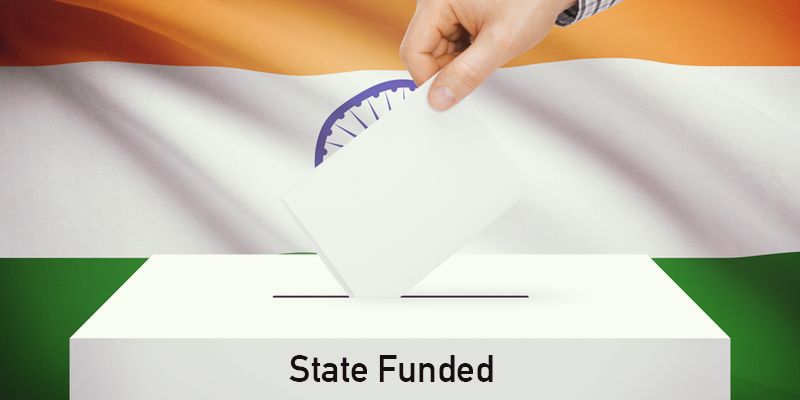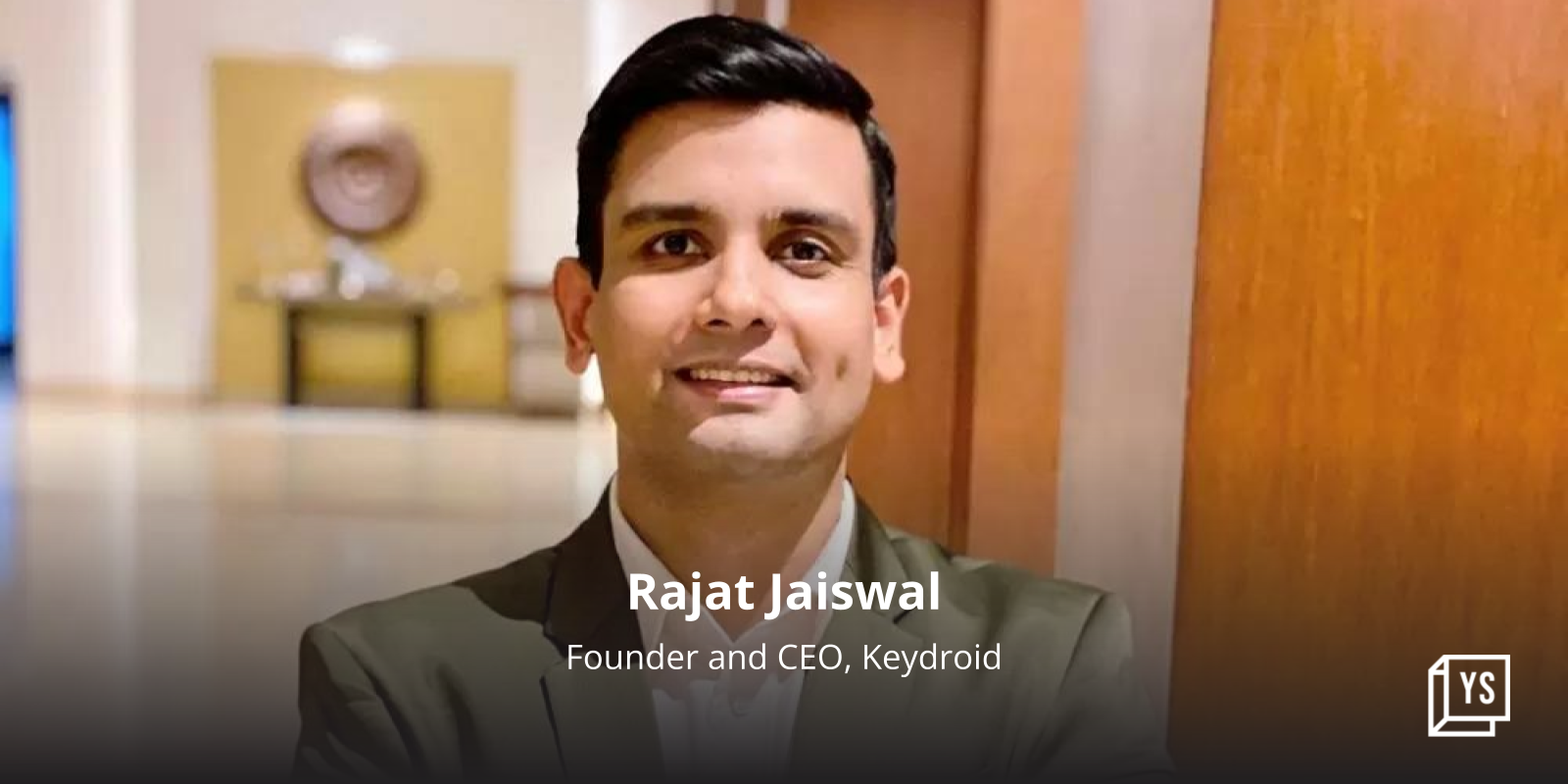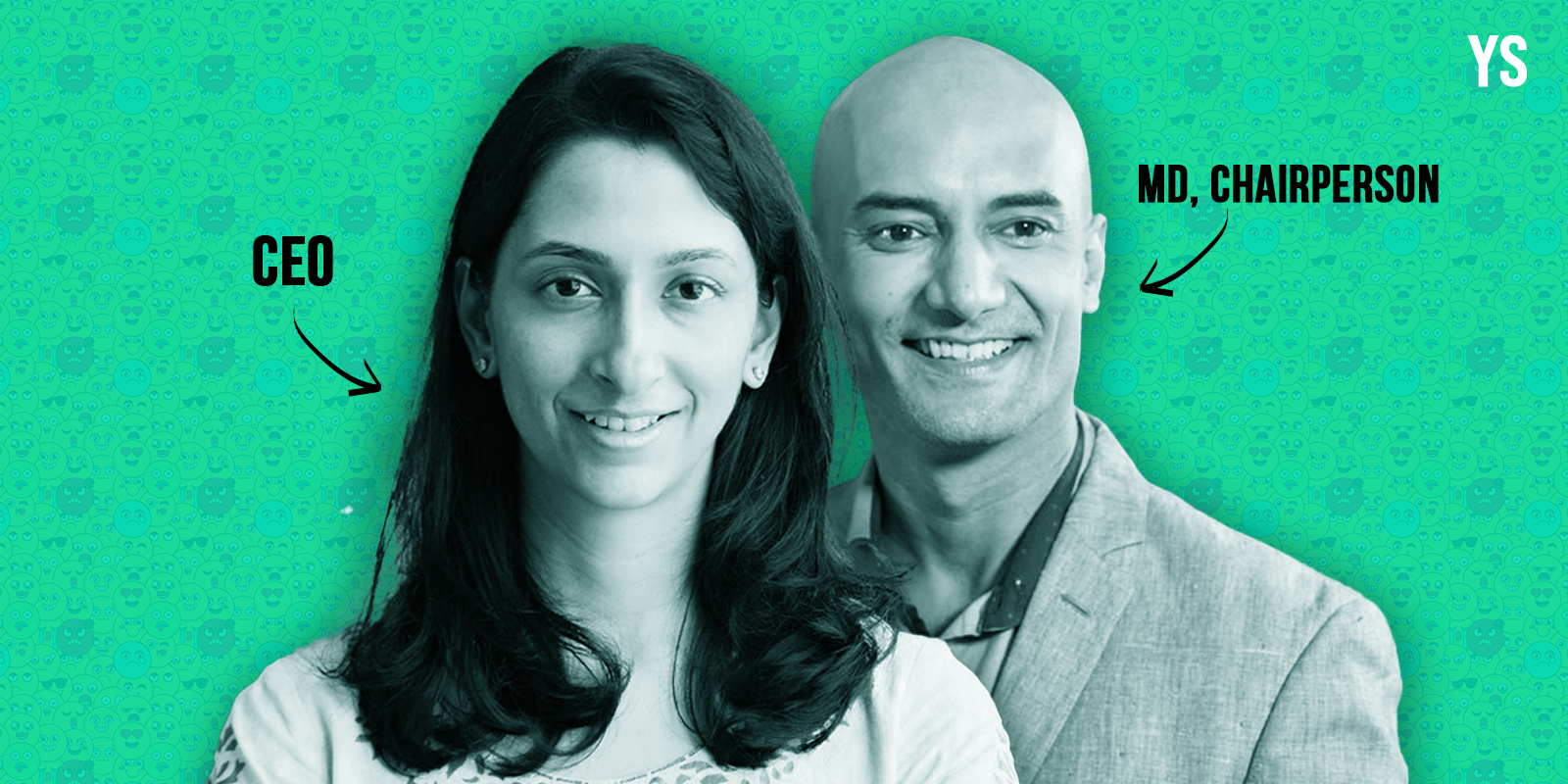After demonetisation, is state funding of polls around the corner?
With demonetisation, political parties have been squeezed of funds to fight the Assembly elections scheduled in seven states in 2017.
On November 8, Prime Minister Narendra Modi, at one stroke, short-circuited political parties that were getting ready to count their cash reserves to fight the upcoming Assembly polls in seven states next year.

And then, on November 16, he followed that up by proposing the state funding of polls, along with simultaneous Lok Sabha and Assembly elections, to improve transparency in public life and combat corruption.
These poll-bound states are known for parties throwing huge sums of money around in a desperate gamble to win. Uttar Pradesh, Punjab, Gujarat, Goa, Uttarakhand, Himachal Pradesh and Manipur are no strangers to voters being bribed with Rs 500 notes, liquor and gifts. In the 2012 elections, UP saw the maximum cash seized, while Punjab topped seizures of drugs and liquor.
Five years ago
Out of a total of Rs 52.02 crore cash seized during the 2012 polls, UP accounted for Rs 37.46 crore in cash seizures, Punjab Rs 12.13 crore, Uttarakhand Rs 1.36 crore, Goa Rs 60 lakh and Manipur Rs 47 lakh.
In UP, 3.56 lakh litres of liquor was seized, with Punjab being just marginally ahead with 3.57 lakh litres of illict liquor seized while being transported to lure voters. In addition, in Punjab, 53.5 kg of heroin was also seized as younger voters were lured with drugs.
Poll industry
Political sources said that while it is common knowledge that some seats are allocated according to the highest bid, which could be anywhere between Rs 5-10 crore per Assembly seat this time around, in some of these poll-bound states, UP and Punjab in particular, due to huge amounts of black money, it is not just voters who benefit. Elections make up an industry by themselves, where payments have to be made in cash for hiring vehicles, microphones, announcers, printing banners and posters, booking caterers and providing gifts and liquor, without which large blocks will not come to the polling booths.
Officially, the EC allows an upper limit of Rs 28 lakh per candidate for those from bigger states and Rs 20 lakh for those from the smaller ones like Goa and the union territories. But, going by previous cash seizures, the EC reveals that each candidate, at least from the recognised parties, spends five to twelve times the amount allowed.
Fund managers' task cut out
So, with Rs 1,000 and Rs 500 notes going out of circulation, the cash economy is in a spin. With elections being as much about managing funds as the electoral arithmetic, how will parties, both regional and national, fighting next year’s Assembly polls go about managing their finances? “In popular perception, if money is well spent, winning is an easy task,’’ says one politician from the cow belt.
In UP, government officers YourStory spoke to said that the current Samajwadi Party government does not need to worry on that count as there is a lot of goodwill among the public, who believe the government led by Akhilesh Kumar Yadav has delivered.
However, Yadav himself made a bizarre comment last week when he said that economists were of the opinion that black money helped the Indian economy in times of recession. “Economic experts say that the magnitude of the global recession was not felt in India because of the strong black money (parallel) economy.” Of course, he also added “I am opposed to black money. I don’t want it.”
In Punjab, the Aam Aadmi Party, which is against black money, is a serious challenger to the ruling SAD-BJP combine, along with the Congress.
In Uttarakhand, Gujarat and Himachal Pradesh, money power or political favours are said to go a long way, but demonetisation has been a huge blow to aspirants. Sources in Manipur and Goa say that political aspirants were readying huge amounts of cash, only to see all their efforts go in vain.
Banking on donations
Both regional and national political parties contesting polls in these seven states have so far put up a brave face, saying that they have enough donations from the public as well as from their well-wishers. According to the Election Commission, all political parties are eligible to accept donations in cash, but amounts above Rs 20,000 have to be in cheques or in any legal form with the donor’s name and PAN number quoted compulsorily.
“If they do not send an annual contributions report to the ECI, they are not eligible for Income Tax relief under section 29-C of the Representation of People’s Act. This information is uploaded by the ECI and put in the public domain,” says Manjunath P, a chartered accountant in Bengaluru.
There are other restrictions too. Political parties are not supposed to accept foreign contributions, but the BJP government has moved an amendment to legalise this aspect retrospectively – finance minister Arun Jaitley has proposed a retrospective amendment to the Foreign Contribution (Reguation) Act, 2010, which is expected to benefit both the BJP and the Congress as both parties are fighting numerous cases on this issue. Jaitley, in this year’s budget, has proposed that a donation by a company that has majority foreign ownership will no longer be treated as a foreign source as long as it conforms to the respective sector’s foreign investment cap.
Ready for State funding?
So, are we at an inflection point where the state will fund elections?
The idea of publicly-funded polls is designed to reduce corruption or inducements. It is also meant to reduce undue corporate influence on politicians.
In India, the Indrajit Gupta Committee on State Funding of Elections had gone into the matter in 1998, followed by the Law Commission report on reform of Electoral Laws in 1999.
The Gupta committee endorsed partial state funding, but only to national and state parties allotted a symbol and not to independent candidates. It suggested that funding should be given in kind – in terms of facilities. The committee envisaged a phased introduction of public funding, starting with subsidies such as rent-free office space, free telephone, copies of electoral rolls, loudspeakers, specified quantities of fuel, food packets and air time on the public broadcaster.
It suggested that, gradually, a central election fund be created, to be contributed by the Centre and the states.
The Law Commission report concurred with the Gupta committee, but went a step further in asking parties for audited returns and tax returns to continue availing the benefits.
The Second Administrative Reforms Commission in 2008 also recommended partial funding of elections, to reduce illegitimate and unnecessary funding of election expenses. The Law Commission’s 2015 report on electoral reforms did not consider a system of complete state funding of elections or matching grants to be feasible given the current conditions. Instead, it supported providing subsidies in kind and even amending the Act. This is probably what Modi had in mind when he suggested state funding of elections recently.
The foreign experience
However, experience in democracies such as France, Germany, Denmark, Israel, Italy, Finland, and Australia, among others, has shown that public funding does not necessarily reduce the expenditure of political parties. The principal point against state funding in these countries is that a political party is a free association of citizens and should demonstrate its independent and financial viability.
Moreover, even partial funding leaves a huge scope for candidates to pump in black money to boost chances of their victory. State funding also means additional financial pressure on the state.
Already, some form of state funding exists in India, which includes free air time on public broadcasters, the provision of security, office space, utility subsidies and, the biggest advantage, the exemption of registered parties in India from paying income tax, as laid down under section 13A of the Income Tax Act.
But all this talk of state funding may not go down well with the EC.
Recently, Chief Election Commissioner Nasim Zaidi said that he was of the view that state funding should not be considered unless it is accompanied by some radical reforms in areas such as de-criminalisation of politics, holistic electoral finance reforms, robust transparency and a strict legal regime for the enforcement of anti-corruption laws.
If reforms are not done, state funding will become one more additional tool, one more additional source of funds without a reduction in the use of illegal money in election campaigns,” the CEC said.









